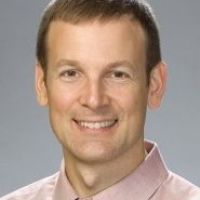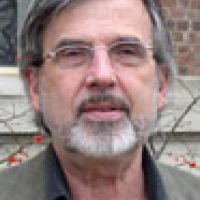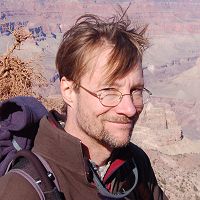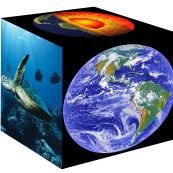Aufdenkampe et al., 2012
NSF Proposal: EarthCube Domain End-User Workshop: Engaging the Critical Zone community to bridge “long tail” science with big data
Aufdenkampe, A.K.; Duffy, C.J.; Tucker, G.E. (2012)
NSF Award #1252238 Cross-CZO National
-
Christina, INVESTIGATOR
-
Shale Hills, INVESTIGATOR
-
Boulder, INVESTIGATOR
Plain English Summary
Full text of the proposal submitted to the National Science Foundation to fund the workshop.
Abstract
Critical Zone (CZ) scientists take as their charge the effort to integrate theory, models and data from the multitude of disciplines studying processes on the Earth’s surface – from the atmosphere at the vegetation’s canopy to the lower boundary of actively cycling groundwaters. As such, critical zone scientists and their data managers are at the front line of efforts to effectively compile and use the “dark data in the Long Tail” of earth science (i.e. Heidorn 2008) and integrate that data with the “Big Data” produced by hydrologists, atmospheric scientists, geospatial modelers and molecular biologists.
The NSF EarthCube initiative recently solicited proposals for domain workshops “designed to listen to the needs of the end-user groups that make up the geosciences and to understand better how data-enabled science can help them achieve their scientific goals.” We propose a workshop to bring together critical zone domain scientists with computer scientists active in EarthCube. Although several critical zone domain scientists are currently involved in EarthCube activities, they represent only a few of the scientific disciplines represented by critical zone science.
This workshop would thus serve two objectives:
- engage ~45 cyber-literate critical zone scientists in the EarthCube process,
- inform ~20 of EarthCube’s cyberscientists of the diversity needs of CZ science.
The overall goal of the workshop would be to develop a set of unifying requirements the integration of “long tail” data and “big data” and to develop an interactive community of domain and cyber scientists to pursue solutions. Specifically, after a morning of invited introductory talks introducing the various needs and capabilities of represented geo- and cyber-science communities, participants will break out repeatedly into six groups to discuss and produce draft documents that will contribute to each of the five specfic workshop outcomes. Breakout group lists will be briefly presented at the end of each breakout session and collated in near-real time using Google Docs, and thus accessible by all breakout groups for subsequent rounds of discussion. A workshop report will be redacted from these documents, summarizing all workshop findings.
The intellectual merit of the workshop is two-fold. The CZ geoscience community will benefit from understanding new cyber-infrastructure possibilities, envisioning present and future solutions to their current needs and engaging in the EarthCube process. The EarthCube cyber- science community will benefit from understanding the challenges and needs of one of the most highly multi-disciplinary geoscience efforts to integrate diverse datasets. No current or previous effort exists to integrate the full range of datasets currently being produced by CZ scientists nor to incorporate optimization offered by many technologies and approaches being considered by EarthCube.
These are many examples of how cyber-infrastructure developed for geoscientists have broader impacts to the public. The national weather service data and model forecasts are highlighted on television and other media outlets. Fishermen, rafters and canoeists rely on USGS gauging data for their recreational activities. The existing Model My Watershed platform is harnessing GIS and hydrological modeling for educational purposes in classrooms and informal settings and also by citizen scientists. The pending Monitor My Watershed module will directly access water flow and quality data from various sources via the one-stop-shopping offered by CUAHSI HIS web services.
Citation
Aufdenkampe, A.K.; Duffy, C.J.; Tucker, G.E. (2012): NSF Proposal: EarthCube Domain End-User Workshop: Engaging the Critical Zone community to bridge “long tail” science with big data. NSF Award #1252238.
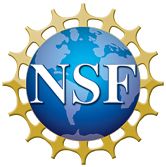 This Paper/Book acknowledges NSF CZO grant support.
This Paper/Book acknowledges NSF CZO grant support.
Associated Files
NSF Proposal #1252238
(323 KB pdf)
Full text of the EarthCube-CZO Domain workshop submitted to NSF
Explore Further
